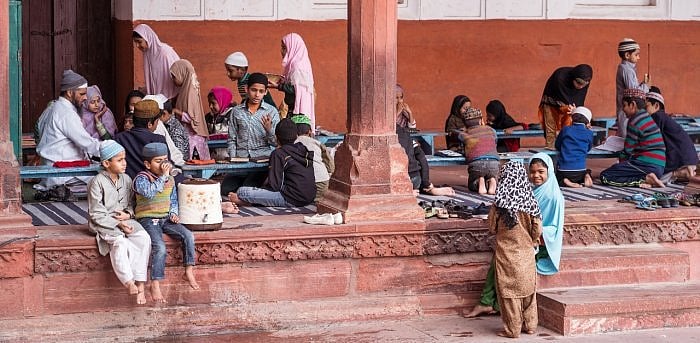
The National Commission for Protection of Child Rights, in an intervention application in a case in the Allahabad High Court looking at the whether the government funding provided of religious education in madrassas is a violation of Articles 14, 25, 26, 29 and 30, has contended that teachings in the madrassas are not adequate or comprehensive under the Right To Education.
The Allahabad High Court, in a writ petition filed by a madrassa teacher from Uttar Pradesh’s Jaunpur Ajaz Ahmed over the non-payment of salary due to a paucity of government funding of the institute, had asked the government to file affidavits seeking their opinion. It must be noted that the ministry of education, under a scheme called Scheme for Providing Quality Education in Madrassas (SPQEM), funds madrassas recognised by the government.
The NCPCR, in its application said that madrassas work in an “arbitrary manner”, and that it is a “unsuitable” and “unfit” place for children to receive education. Due to the absence of a curriculum and evaluation procedure and that by basing education on religious practices, it was depriving children of the “fundamental” right to education.
The child rights body also said that it carried out a survey and found three kids of madrassas – over 10,064 recognised madrassas that teach formal education along with religious education and have a Unified District Information System for Education (USIDE) code and are eligible for funding, unrecognised madrassas that daily to qualify for a host of factors, and unmapped madrassas who are not under any government scheme and have never applied for one.
The RTE, the NCPCR contends, does not apply to minority institutions. It also alleged that several non-Muslim children are studying in madrassas, and that the Madrassa Education Council is forcing its employees to enroll their children in these institutes.
Priyank Kanungo, NCPCR chief, said that many of these institutions lack basic amenities. “Section 1 of the Right to Education says that it does not apply to madrassa, so any benefit under the purview of the Act cannot be applicable for madrassas,” Kanungo said.
It must be added that the NCPCR’s intervention comes amid the child rights body and the UP Board of Madrasa Education (UPBME) with the NCPCR seeking to conduct a survey of all non-Muslim children studying in madrassas.
